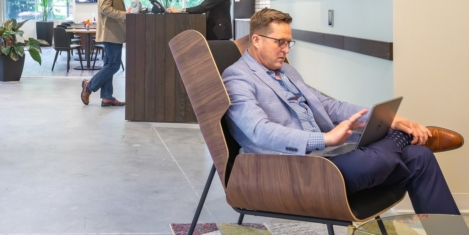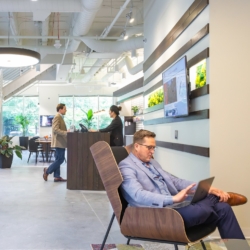To provide the best experiences, we use technologies like cookies to store and/or access device information. Consenting to these technologies will allow us to process data such as browsing behaviour or unique IDs on this site. Not consenting or withdrawing consent, may adversely affect certain features and functions.
The technical storage or access is strictly necessary for the legitimate purpose of enabling the use of a specific service explicitly requested by the subscriber or user, or for the sole purpose of carrying out the transmission of a communication over an electronic communications network.
The technical storage or access is necessary for the legitimate purpose of storing preferences that are not requested by the subscriber or user.
The technical storage or access that is used exclusively for statistical purposes.
The technical storage or access that is used exclusively for anonymous statistical purposes. Without a subpoena, voluntary compliance on the part of your Internet Service Provider, or additional records from a third party, information stored or retrieved for this purpose alone cannot usually be used to identify you.
The technical storage or access is required to create user profiles to send advertising, or to track the user on a website or across several websites for similar marketing purposes.
 In the week the ONS announced that the number of self-employed people in the UK had dropped by 178,000 over the last quarter, a new report from the Joseph Rowntree Foundation and the Institute for Fiscal Study suggests that the growing number of people who turn to self-employment do so despite a drop in their incomes. On average, they earn nearly £500 (30 percent) less a month than they did before falling out of traditional employment. (more…)
In the week the ONS announced that the number of self-employed people in the UK had dropped by 178,000 over the last quarter, a new report from the Joseph Rowntree Foundation and the Institute for Fiscal Study suggests that the growing number of people who turn to self-employment do so despite a drop in their incomes. On average, they earn nearly £500 (30 percent) less a month than they did before falling out of traditional employment. (more…)




































July 15, 2020
Some brutal realities about the future of work
by Mark Eltringham • Comment, Flexible working, Wellbeing